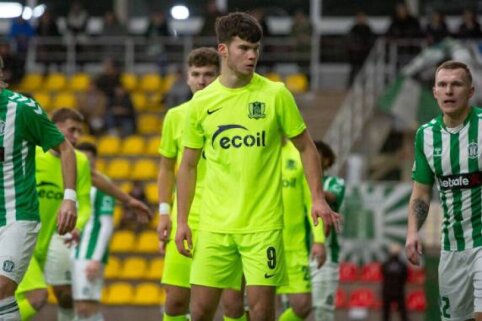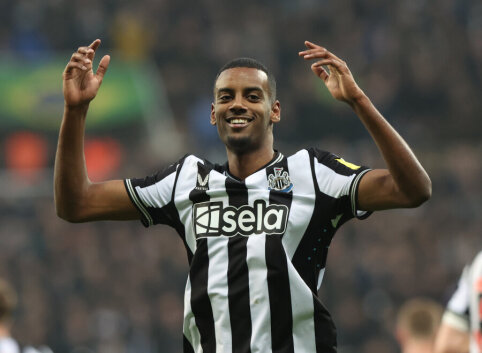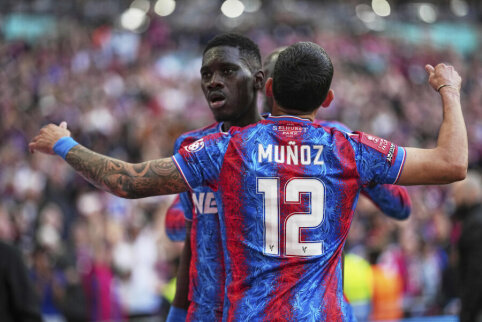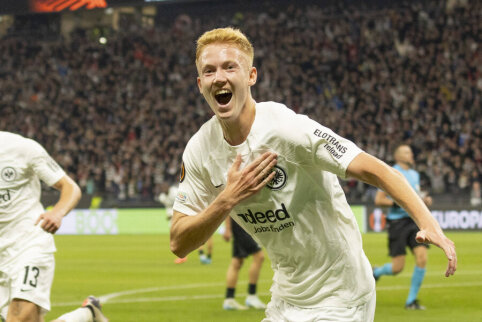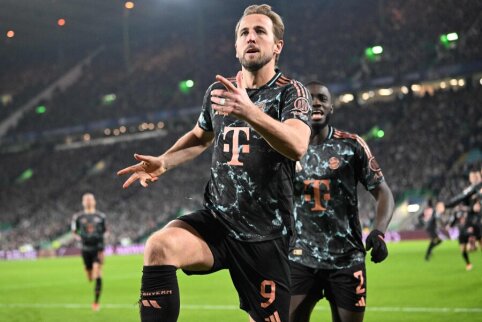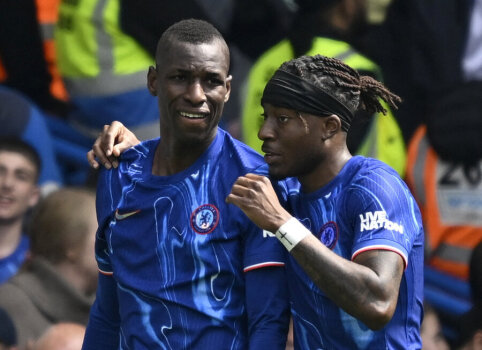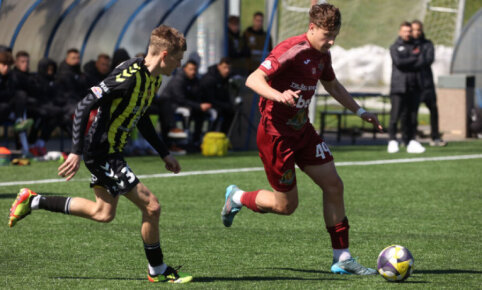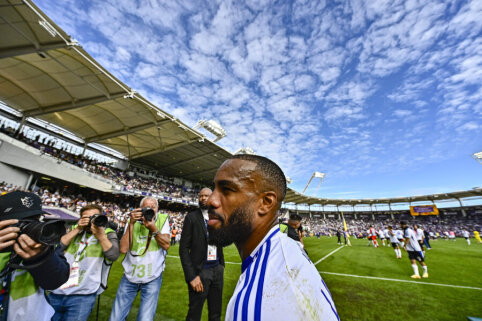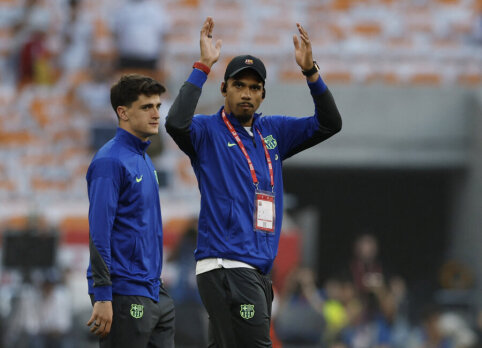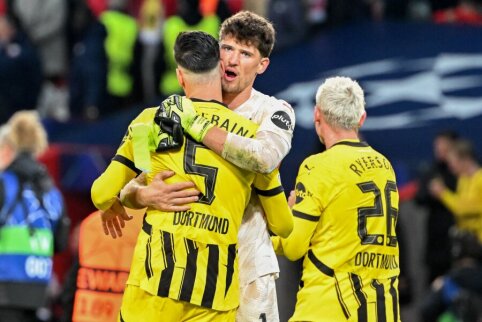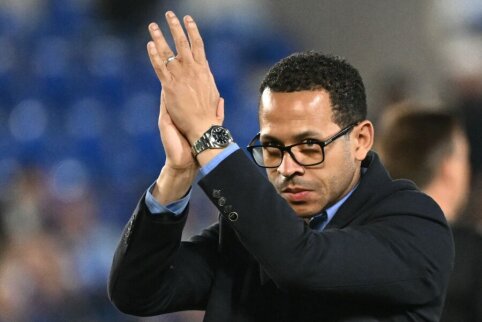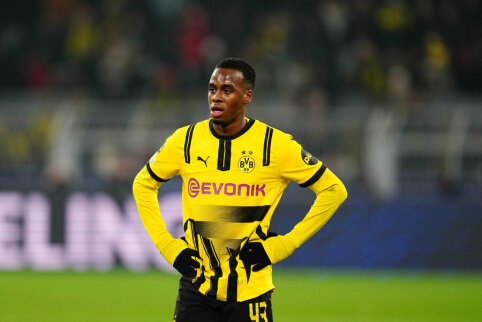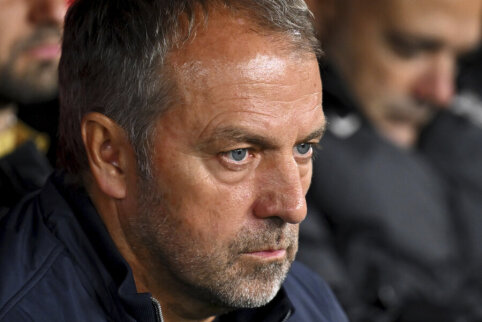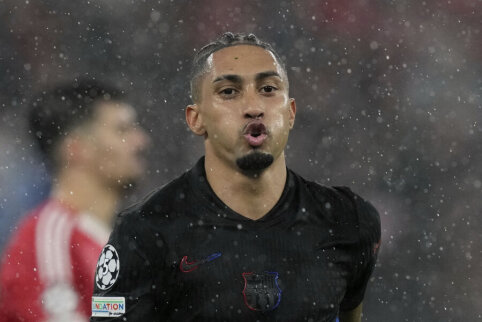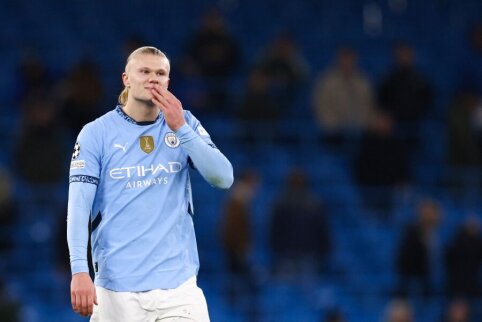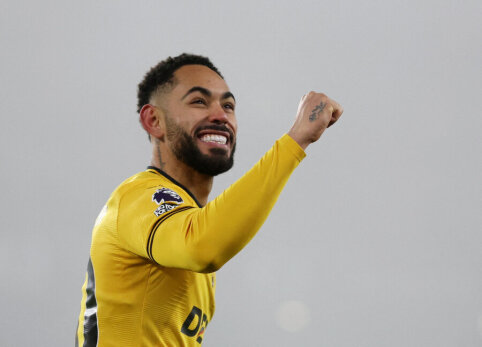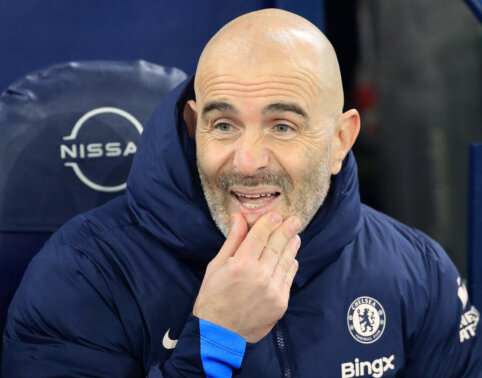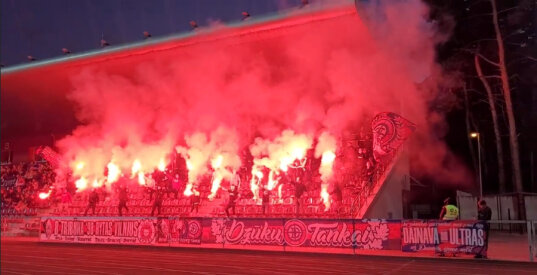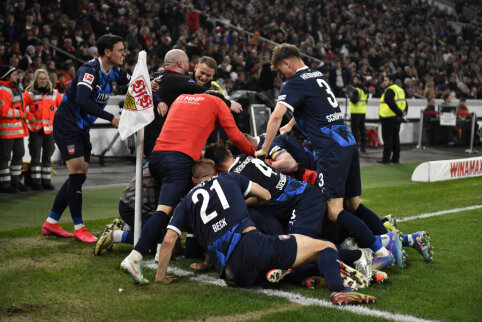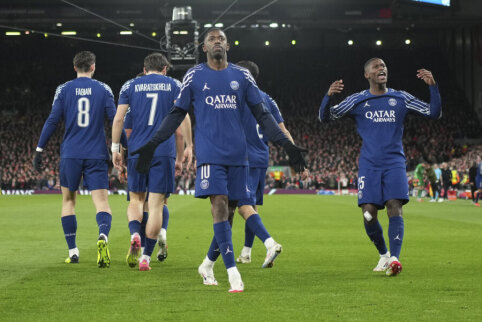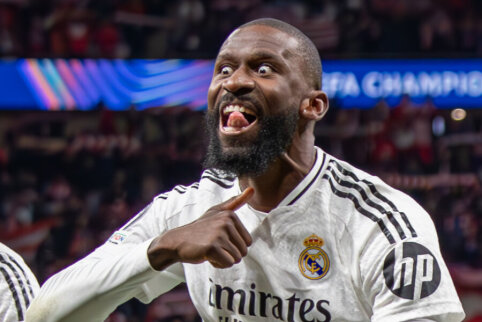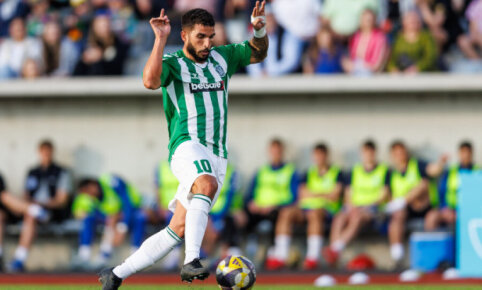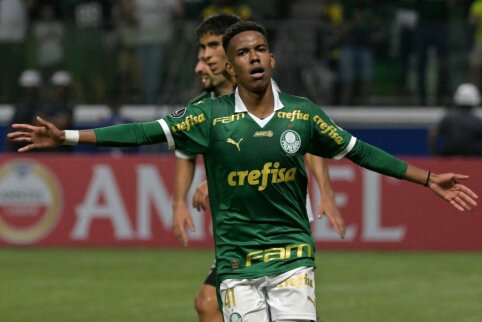 © EuroFootball.com
© EuroFootball.com
Those of you who follow the comments on my blog know that I have a reader obsessed with a persecution mania. He relentlessly follows me and immediately starts criticizing whenever I write something positive about "Barcelona." I do this often, so my reader's criticism sometimes starts to resemble a smear campaign.
I can reveal that he is "Captain Terry" - that's the nickname he uses to criticize me. He's a good childhood friend of mine, with whom I get along well everywhere, except in football. If it weren't for this fact, I would have long ago taken action against him. Like me, he has English and Spanish blood, but he supports "Real" and "Chelsea" from Madrid, while I support "Barcelona." That's the essence of the whole problem.
Mocking between me and "Captain Terry" is not just about football rivalry - heated discussions after "Barcelona" and "Chelsea" matches have long become as common as discussions after "Barcelona" and "Real" games. It becomes a way of life.
Madrid's "Real" owner Florentino Perez and "Chelsea" owner Roman Abramovich are businessmen eager to quickly recoup their investments. It should be noted that Real Madrid does not financially belong to F. Perez as much as Chelsea belongs to R. Abramovich. Nevertheless, F. Perez's ambitions in the Spanish capital club are being carried out recklessly, just like R. Abramovich's orders are implemented in the London club.
"Real" is managed in the same way as the international construction company "ACS" owned by F. Perez. It's an uncompromising predator. The players and coaches in Madrid are just money-making machines, constantly demanding new orders at home and abroad. The team's style and behavior are pushed into the background. The end result must justify the means - win and you will be a superstar. But as soon as your money-making machine runs out of oil, you are fired.
Jose Mourinho, who managed to make Chelsea almost part of his image before leaving for Italy, has certain points of contact with F. Perez in Madrid. His and Real's president's views on football coincide, because only so could the Portuguese manage to stay in his position after losing Spain's national championships to Barca and after Real's dramatic exit from further competition in the Champions League in the quarterfinals.
If it weren't for coincidences and subsequent victories, Jose Mourinho would have long been expelled, as Roberto Di Matteo was recently expelled from Chelsea.
Both Madrid and London teams are treated like faulty car parts. Vicente del Bosque once had a chance to confirm this. However, the main problem of such conveyor belt "fire and hire" policy is that there is a great risk of losing any collective identity, team values, and playing style. Division in the club is increasing. The result of all this - confused and aggressive fans.
That's why I would be very surprised if Josep Guardiola decided to accept an offer from such a team. It should also be remembered that, for example, "Manchester City" can now "offer" the same people with whom J. Guardiola worked in one club.
J. Guardiola is grateful to "Barca" for everything he was, became, and is now. Yes, "Barcelona" also accepted a generous offer from a Qatari fund and one could say that the club is also a money-making machine, but "Barca" is still dominated by different values, not just the desire to win trophies and make as much money as possible. Principled integrity, nobility, creativity are highly valued in the club, which is accompanied by an inseparable political color.
Let's not deceive ourselves - J. Guardiola is not an aesthete. Now he lives in luxury apartments in New York, loves his family, and enjoys comforts. But "Santiago Bernabeu" or "Stamford Bridge" would kill his soul and reputation. I know that.
I also know that "Captain Terry" will immediately try to prove that I am wrong. He will try to argue that Rafael Benitez wanted to work for Chelsea to prove that he can make Fernando Torres win trophies again. After all, R. Abramovich paid a huge sum for "El Nino." This is the player that R. Benitez once brought out of a simple and humble environment.
About the author:
Jimmy Burns
Writer, traveler, journalist
Born in Madrid in 1953. The author's early childhood was spent in Spain, where he got to know his parents - Tomas Burns, then a UK embassy employee in Madrid, and Mabel Maranon.
He later attended preparatory school in London, graduated from college in Lancashire. He chose the direction of Latin American and Iberian politics and management studies, obtained bachelor's and master's degrees. He taught English to foreign students, traveled as a freelance journalist, wrote various articles about Latin America and Spain.
In 1977, he started working as a correspondent for the "Financial Times" in the Portuguese capital, Lisbon. His articles were regularly published in "The London Observer," "The Christian Science Monitor," and "The Economist." He collaborated with the BBC, the Australian Broadcasting Corporation, and Radio Netherlands. In the 1980s, he arrived in Argentina, just three months before the Falklands crisis erupted, writing articles on current issues in the region.
In 1986, he returned to London and started writing books, but did not give up his work for the "Financial Times." Now he writes for the daily newspaper "El Mundo," and his publications are also published in various European, US, and Latin American media.
Author of the books "La Roja," "When Beckham went to Spain: Power, Stardom & Real Madrid," "Barca: A People's Passion," "The Hand of God: The Life of Diego Maradona," "Papa Spy," "The Land that Lost Its Heroes: How Argentina Lost the Falklands War," "Beyond the Silver River: South American Encounters," "Spain: A Literary Companion."
Married with two daughters. He currently lives in London.
Author of the blog www.jimmy-burns.com.
